- Home
- About
-
Publications
- Public Administration News
-
ARPA
>
- ARPA Scope and Objectives
- ARPA Editorial Board
- ARPA Call for Papers
- Submit Article
-
ARPA Open Access
>
- India (2020-2023, Vol. 31, Nos. 1&2, pg. 4-22)
- Nepal (2020-2023, Vol. 31, Nos. 1&2, pg. 23-46)
- Vietnam (2020-2023, Vol. 31, Nos. 1&2, pg. 47-67)
- China (2020-2023, Vol. 31, Nos. 1&2, pg. 68-79)
- South Korea (2020-2023, Vol. 31, Nos. 1&2, pg. 80-99)
- Bangladesh (2020-2023, Vol. 31, Nos. 1&2, pg. 100-119)
- USA (2020-2023, Vol. 31, Nos. 1&2, pg. 120-141)
- Abstracts >
- Publication Ethics and Malpractice Statement
- Notes for Contributors
- Journal Indexing
- EROPA Bulletin >
- Resources >
- Membership
-
Conferences
-
Activities
- #TAG Dialogue
- Contact Us
|
Fifteen Asia Pacific countries signed the Regional Comprehensive Economic Partnership (RCEP) during a virtual summit last 15 November 2020.
The biggest trade bloc estimated to be worth US$26.2 trillion or almost 30% of the world’s GDP was made between the 10 Association of Southeast Asian Nations (ASEAN) state members, East Asian economic giants China, Japan, and South Korea, and Oceania’s Australia and New Zealand. It is considered bigger than both the United States-Mexico-Canada Agreement and the European Union. Initially, India was part of the talks but had to withdraw over lower tariffs that could hurt its local producers. According to the ASEAN website, the deal is expected to “improve market access with tariffs and quotas eliminated in over 65% of goods traded and make business predictable with common rules of origin and transparent regulations.” RCEP would also encourage firms to invest more and generate jobs, providing the region its much-needed boost to recover from the economic slump brought by the COVID-19 pandemic. RCEP began as a draft during the 2011 ASEAN Summit in Indonesia, while its formal negotiations were launched during the subsequent summit in Cambodia. Amid the diplomatic rows between multiple RCEP countries, the free trade agreement pursues a common economic interest among the members that might help deescalate or ease tensions. However, critics have argued that the agreement is not as comprehensive as the ten-member Comprehensive and Progressive Agreement for Trans-Pacific Partnership (CPTPP), which includes a more significant reduction in tariffs on imports and provisions in labor and environmental standards. Despite its differences from the CPTPP, the ASEAN-led RCEP is projected to add $209 billion annually to world incomes and $500 billion to world trade by 2030, according to the Washington DC-based Brookings Institution. The pact brings Asia to the center stage of world trade in the face of the declining US influence in the economic sphere.
3 Comments
As the Corona Virus Disease 2019 (COVID-19) continues to plague the region, the World Bank suggested that Asia-Pacific nations identify the intersections between COVID-19 epidemiological models and risk models of natural hazards to enhance preparedness.
Countries in the Northwestern Pacific Ocean are already among the most vulnerable to disaster emergencies such as typhoons, storm surges, floods, volcanic eruptions, earthquakes, and tsunami as it lies on the most active tropical cyclone basin on the planet and belongs to the Ring of Fire. When added to the scenario, public health emergencies such as epidemics and pandemics exacerbate the situation, leaving emerging and developing countries multi-handicapped as their vulnerable economy, healthcare, agriculture, and welfare can be easily overwhelmed by simultaneous crises. True enough, the Solomon Islands, Fiji, Tonga, and Vanuatu faced the devastating Tropical Cyclone Harold at the pandemic’s onset in March, while the Philippines suffered from three strong typhoons, namely Quinta, Rolly, and Ulysses, from late October to early November 2020. Both instances caused the loss of lives, properties, and livelihood amid the already deadly pandemic. While South Korea, Singapore, and Vietnam have utilized lessons learned from Severe Acute Respiratory Syndrome (SARS) and Middle East Respiratory Syndrome (MERS) to respond to COVID-19, there is a considerable gap of knowledge and resources among poorer nations. For one, they do not have well-established systems such as disaster surveillance and disease outbreak alert systems (e.g., Singapore’s Disaster Outbreak Response System Condition) and maintained medical and emergency stockpiling. A well-coordinated bureaucracy and a ready legal basis also matter primarily in declaring a state of emergency and enacting travel restrictions. While efforts such as surveillance dashboards, contact-tracing, geotagging are put in place, they would need to be integrated with natural hazard data and risk information. According to the blog post, “this will help improve local- and community-level awareness and preparedness for disasters, encourage proactive emergency management (such as planning for a surge in medical and crisis management services), and updating local policies and guidelines for safe evacuation.” One such example is the Tsunami Evacuation Guide during COVID-19 disseminated by Indonesia. Below are the five ideas proposed by the World Bank in adapting disaster risk management systems for public health emergencies:
The COVID-19 pandemic taught governments worldwide invaluable lessons in strategically responding to and preventing an outbreak that must be institutionalized and cascaded to the communities to be sustainable. The people’s most potent defense is readiness and availability of necessary tools and resources. Until most of the world’s population has been vaccinated, there is a great need to properly enhance every nation’s ability to simultaneously deal with health and environmental hazards. Source: Adapting disaster risk management for public health emergencies in the Asia Pacific region (worldbank.org) 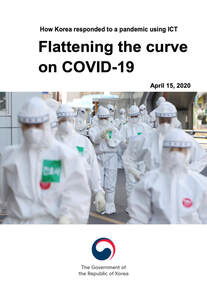 Front cover of How Korea Responded to a Pandemic using ICT: Flattening the Curve on COVID-19. (Click on the image to download the report.) Front cover of How Korea Responded to a Pandemic using ICT: Flattening the Curve on COVID-19. (Click on the image to download the report.) The Korean government just released another report on "Korea's response to the COVID-19 using ICT" to share with the global society. It hopes this will help everyone fight aginst the Coronavirus (COVID-19) Click on the image on the right for a copy of the PDF File of the report. Credits to the Local Government Officials Development Institute (LOGODI), Ministry of the Interior and Safety for providing the EROPA Secretariat with access to this report. #TAG On the Move: Dialogue on Migration, the pilot program of #TAG Dialogue, was held last 15 August 2019 (Thursday). The edited videos will be launched and shown first to the participants of the upcoming 2019 EROPA Conference on September before it will be uploaded online for the public to view.
Dr. Edna Co, the Director of UP CIFAL Philippines and former EROPA Deputy Secretary-General of Research and Publications & Dean of UP NCPAG delivered the opening remarks. The speakers who served as resource persons were Mr. Rex Varona (National Project Coordinator, Philippines of the International Labour Organization) and Dr. Orlando Mercado (EROPA Secretary-General). Meanwhile, Ms. Andrea Anolin and Mr. Rodrigo Garcia of the Policy, Planning, and Research Division of the Commission on Filipino Overseas were the the moderators and/or emcees. More than two years on, many of India's poor are still dealing with the effects of PM Narendra Modi's financial reforms.
More than a million people in Hong Kong SAR marched on Sunday against a controversial extradition bill that they fear will erode freedom in the semi-autonomous territory.
Hong Kong, a British colony until 1997, was handed over to China under the concept of 'one country, two systems,’ which accorded political and legal autonomy to the city. Critics fear the bill will undermine the independence of Hong Kong SAR's legal system and put its citizens and foreign nationals at risk by allowing suspects to be sent to mainland China for trial. The government has made some revisions to the Fugitive Offenders and Mutual Legal Assistance in Criminal Matters Legislation (Amendment) Bill, as it is officially known, which is due for another debate in the Legislative Council, the territory's parliament, on Wednesday. The Arab world’s long ties to Indonesia began with the first traders initially reaching the island in the fifth century. In the centuries since, the Arab world has provided maritime trade and financial services.
When Islam finally made its way to Indonesia, the two cultures already exhibited a strong financial and cultural bond thanks to Arab trade and migration. The routes that were initially used for trade have helped the ties between Indonesia and the Arab world flourish as Islam’s influence expanded throughout the world. Indonesia is now home to the world’s largest Muslim population; over 225 million people, or nearly 13 percent of the world’s Muslims, live in the country. Indians are voting in the seventh and final phase of national elections, wrapping up a six-week-long campaign season with Prime Minister Narendra Modi's Hindu nationalist Bharatiya Janata Party (BJP) seeking re-election for another five years.
Nearly a 100 million people are eligible to vote on Sunday in 59 constituencies across seven states - including the politically-critical Uttar Pradesh in the north and West Bengal in the east. Sunday's voting also covers Modi's constituency of Varanasi, a temple town where he was elected in 2014. He spent Saturday night at Kedarnath, a temple of Hindu god Shiva nestled in the Himalayas in northern India. Over the last three decades, the top plastic waste exporters, including the United States, Japan, and the United Kingdom, sent abroad plastic waste weighting about 168 million tonnes, most of it to China. In 2018, China said “enough is enough,” and announced a ban on imports of plastic waste, setting off a crisis in the global waste system. The majority of this plastic was then redirected into Southeast Asia, with Malaysia, Vietnam, Thailand, and Indonesia being flooded with waste, at great environmental and human cost.
By the fall of 2016, Kazakhstan appeared to have gained momentum in the international educational arena. For the first time, the country’s students earned an international top-10 by performance in math and science, according to the Trends in Mathematics and Science Study (TIMSS). Kazakh eighth-graders demonstrated ability and knowledge comparable to their peers from countries like Russia, Canada, and Ireland, ranking higher than England, the United States, and Australia, with the latter very disappointed by this fact.
|
Archives
December 2020
Categories
All
|
- Home
- About
-
Publications
- Public Administration News
-
ARPA
>
- ARPA Scope and Objectives
- ARPA Editorial Board
- ARPA Call for Papers
- Submit Article
-
ARPA Open Access
>
- India (2020-2023, Vol. 31, Nos. 1&2, pg. 4-22)
- Nepal (2020-2023, Vol. 31, Nos. 1&2, pg. 23-46)
- Vietnam (2020-2023, Vol. 31, Nos. 1&2, pg. 47-67)
- China (2020-2023, Vol. 31, Nos. 1&2, pg. 68-79)
- South Korea (2020-2023, Vol. 31, Nos. 1&2, pg. 80-99)
- Bangladesh (2020-2023, Vol. 31, Nos. 1&2, pg. 100-119)
- USA (2020-2023, Vol. 31, Nos. 1&2, pg. 120-141)
- Abstracts >
- Publication Ethics and Malpractice Statement
- Notes for Contributors
- Journal Indexing
- EROPA Bulletin >
- Resources >
- Membership
-
Conferences
-
Activities
- #TAG Dialogue
- Contact Us

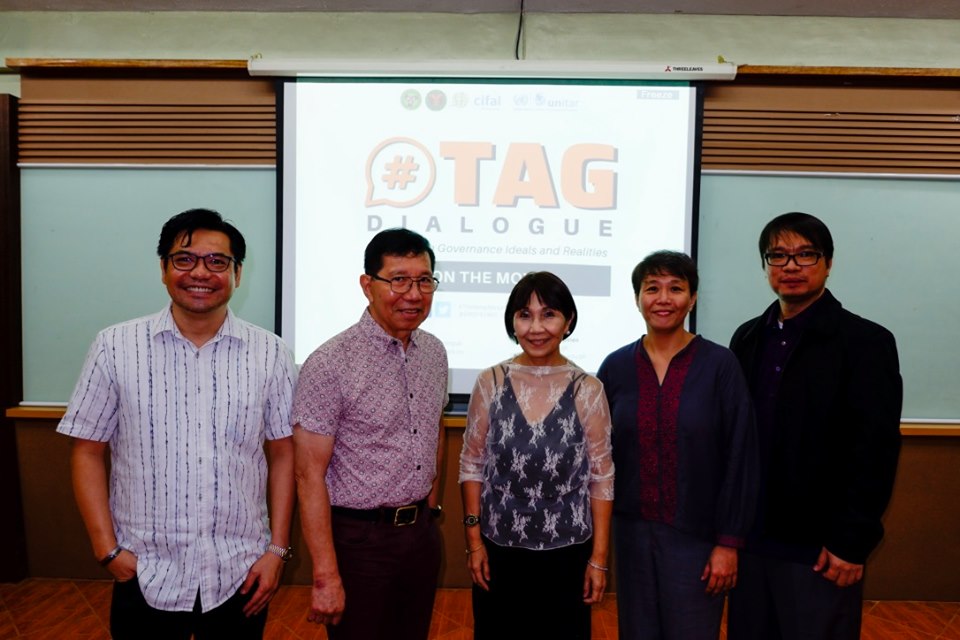
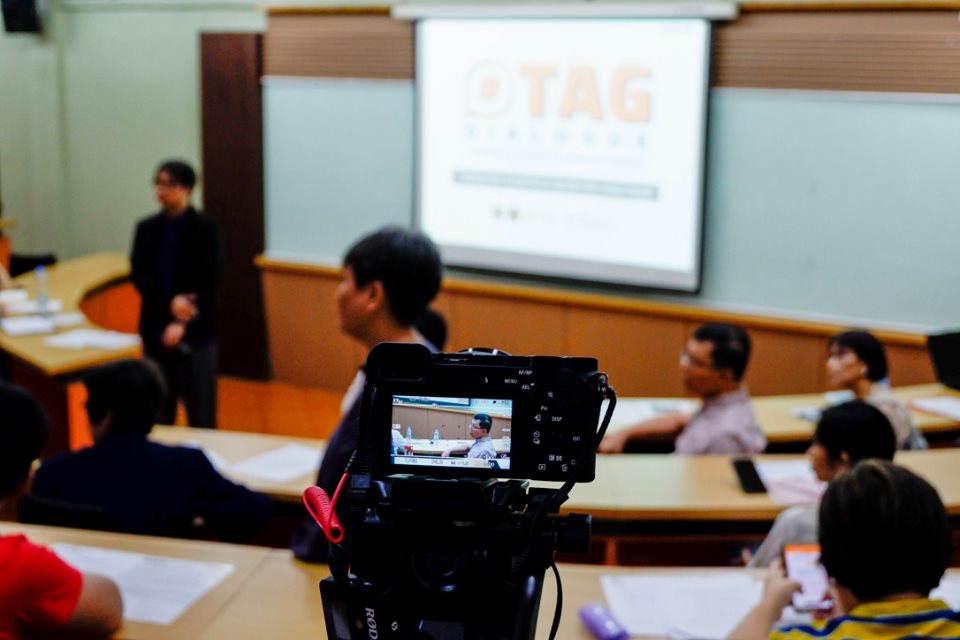
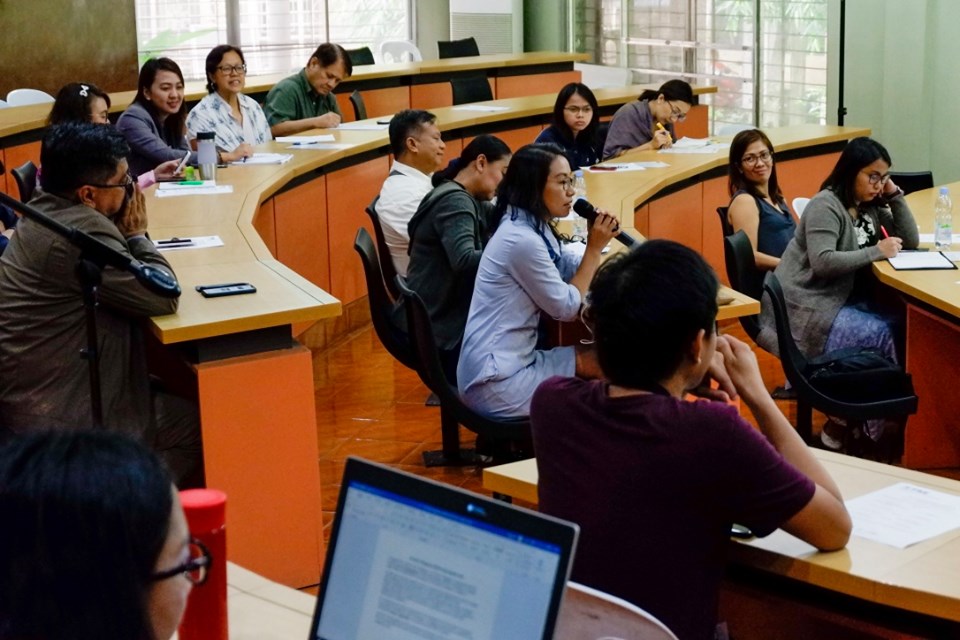
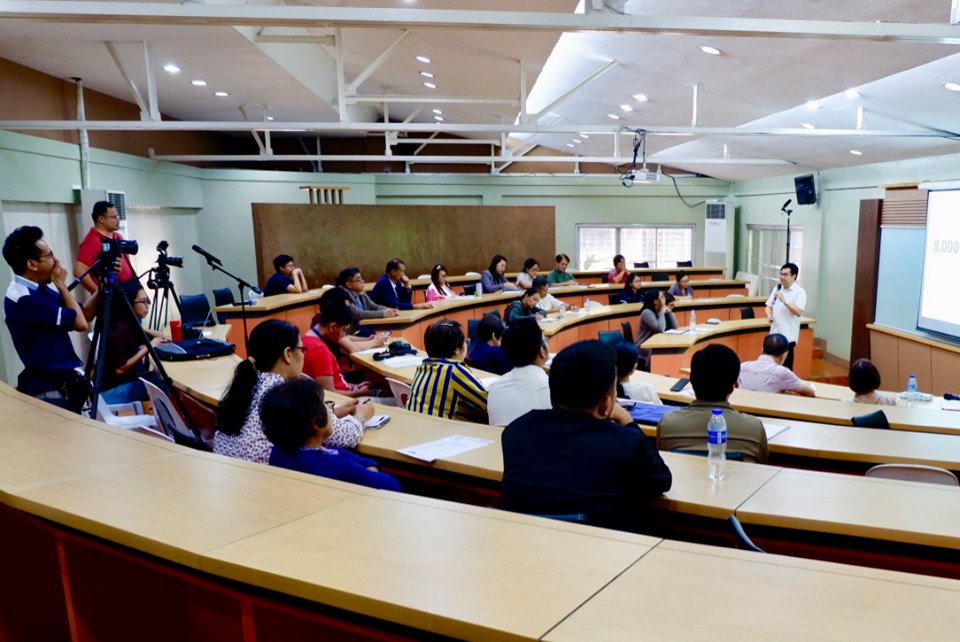
 RSS Feed
RSS Feed